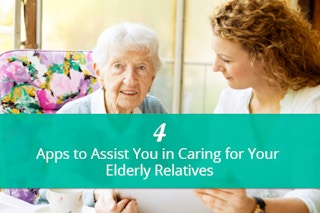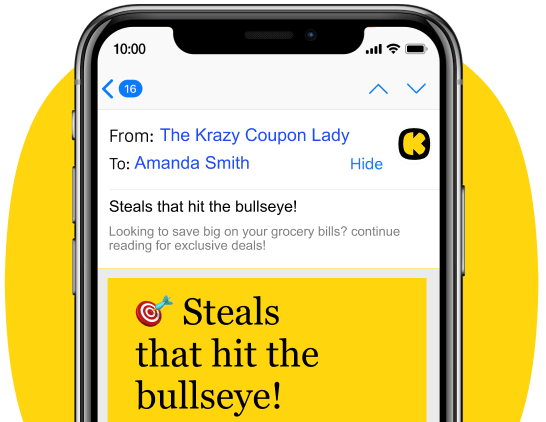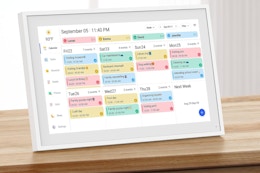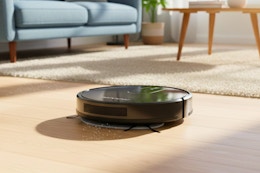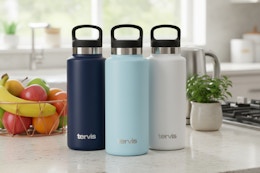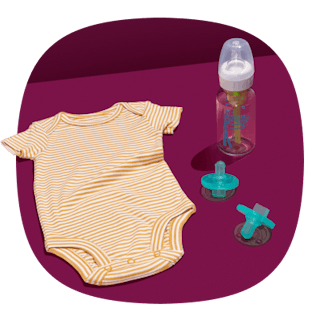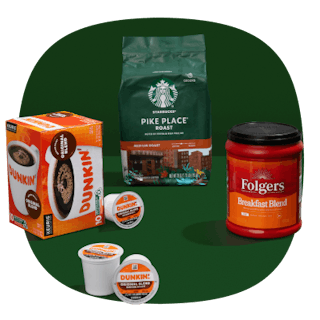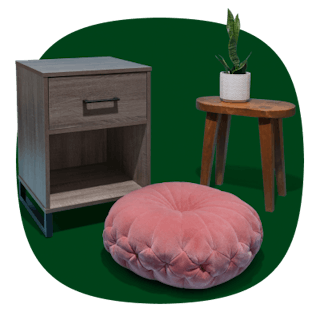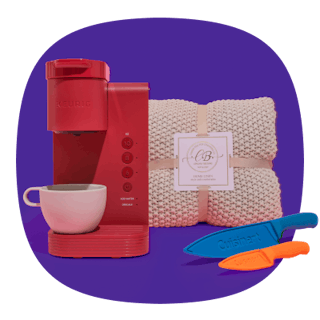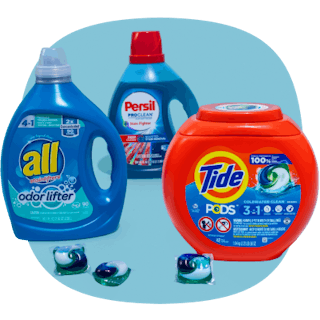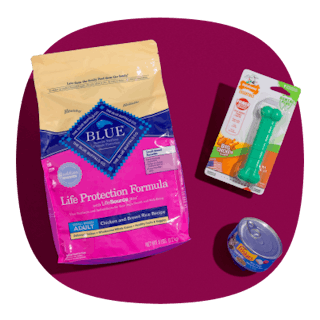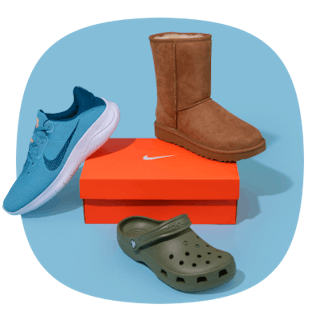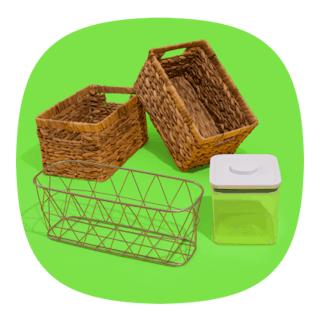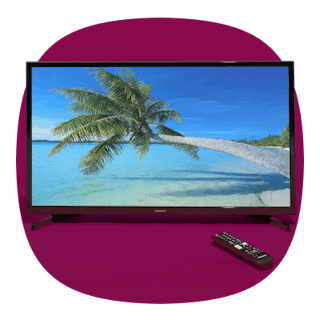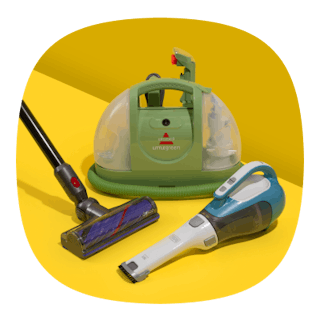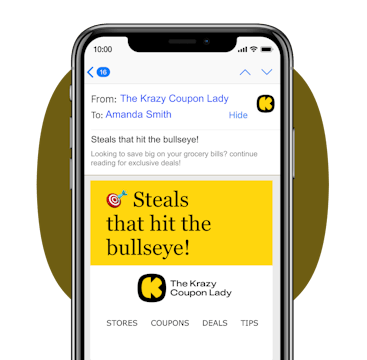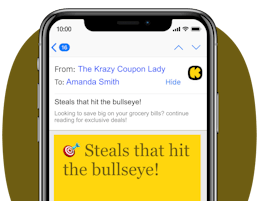
As I get older, so do my parents. In the last year or two, I have been summoned unexpectedly to their side on several occasions to support them through unexpected health or mobility issues. The truth is, it’s still far too early for our family to be considering assistive care or subscription-based (read: paid) medical alert services. The free apps listed here represent many hours of research to find the best interim early-alert resources. These apps can bridge that awkward gap between total health and the need for round-the-clock medical monitoring.
Average cost of medical alert services
When you’re trying to figure out how you’re going to fit in caring for aging relatives alongside all your other responsibilities, I’ve discovered it can be tempting to simply pay for a professional medical-alert system. But what you may not be prepared for is the cost of these services, which are designed for elders who are more fragile and need more intensive monitoring.
National average costs for three different types of professional monitoring:
- Simple 911 alert system (1-way calling to 911 only): $10 – $20 per month / $120 – $240 per year
- Medical alert system (2-way calling with monitoring by health staff): $30+ per month / $360 per year
- Medical alert system (2-way calling without monitoring): $275 – $350 for the unit
Until more intensive paid monitoring and oversight is required, these five free apps can help you easily keep watch over your folks (or elderly relatives) and help them keep their dignity and independence intact for as long as possible.
1. Send Help – Emergency SOS!
This handy app represents the tail end of a long search to find an app that was a) for iOS, b) free, and c) would contact friends and family but not 9-1-1 (my Dad was quite insistent about this).
How it works:
- You can choose up to four contact methods.
- The app syncs automatically with your phone’s contact list.
Get the app:
- Get it for iTunes
- Website: http://prophetstudios.com/mobile-apps/send-help-emergency-sos-panic-button/
2. CarePartners Mobile
Philips Lifeline offers various subscription-based medical alert plans for later stages of aging. But the company has also developed this free app-based service called CarePartners for adults to use as a caregiving team—a stroke of pure genius for busy professionals like me who are also trying to keep an eye on early stage aging parents!
How it works:
- The app lets groups of caregivers create/edit shared to-do lists on the go.
- The app syncs with each caregiver’s calendar to produce alerts.
Get the app:
- Get it for iTunes
- Get it for Android
- Website: http://www.lifeline.ca/content/english/medical_alert_service/how_lifeline_works/carepartners_app
3. GPS Phone Tracker
This nifty, free app is great for seniors, but it’s also fabulous to use for tracking anyone (including the kiddos)! It uses GPS to track other smart devices.
How it works:
- You can follow two other people (phones) for free, or upgrade in-app to follow up to 10.
- You can also tag phones with photos.
- The app boasts location accuracy as near as 30 feet.
Get the app:
- Get it for iTunes
- Get it for Android
- Website: http://www.cellphonesolutions.net/enfp
4. Elder 411 / Elder 911
Elder 411 is organized into 11 topics that are common to elder care. Elder 911 helps caregivers navigate the “how-to’s” of an elder-care crisis situation. Both apps are free for a limited time.
Elder 411 overview:
- The app includes reams of searchable content.
- Content includes videos, how-to’s, Q&A, audio and note-taking fields.
Get Elder 411:
- Get it for iTunes
- Website: http://www.elder411.net
Elder 911 overview:
- The app also includes a 5-step navigation for any crisis situation.
- You can use the interactive checklists to adapt content.
Get Elder 911:
- Get it for iTunes
- Website: http://www.elder911.net










